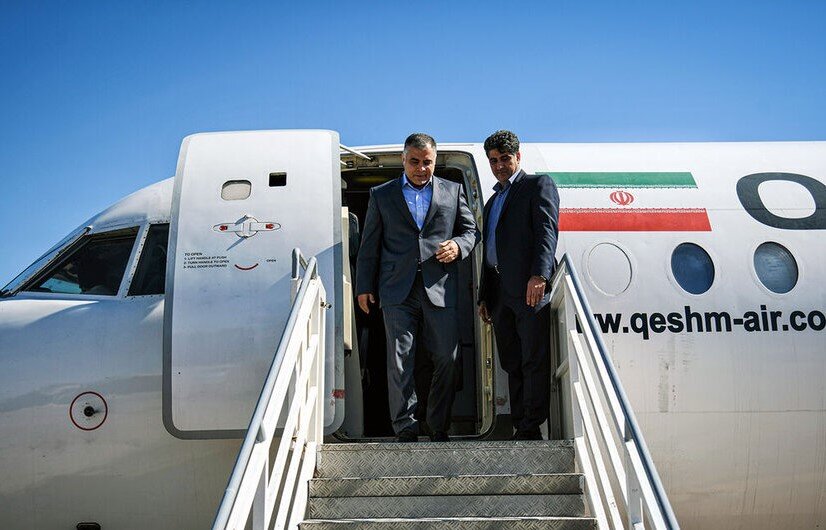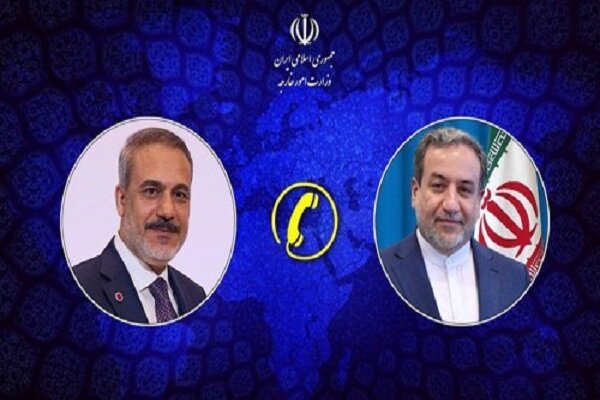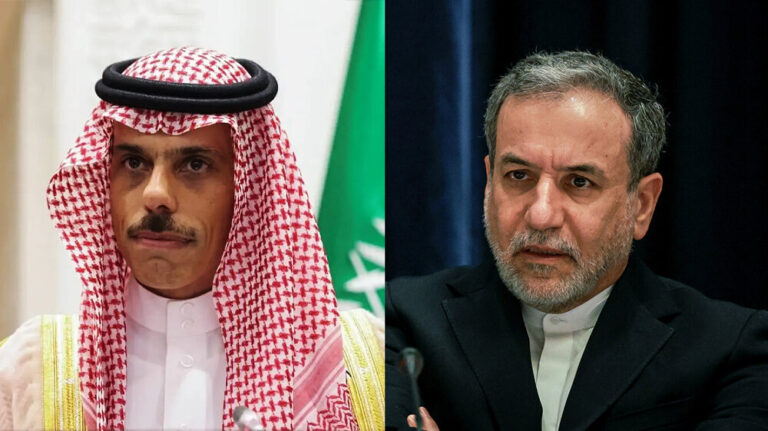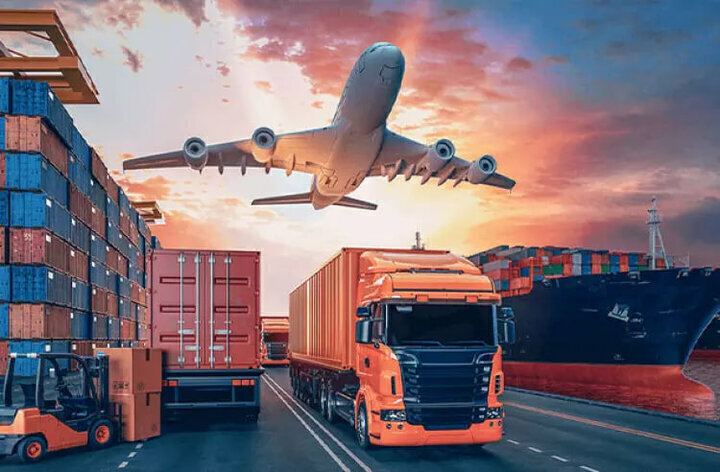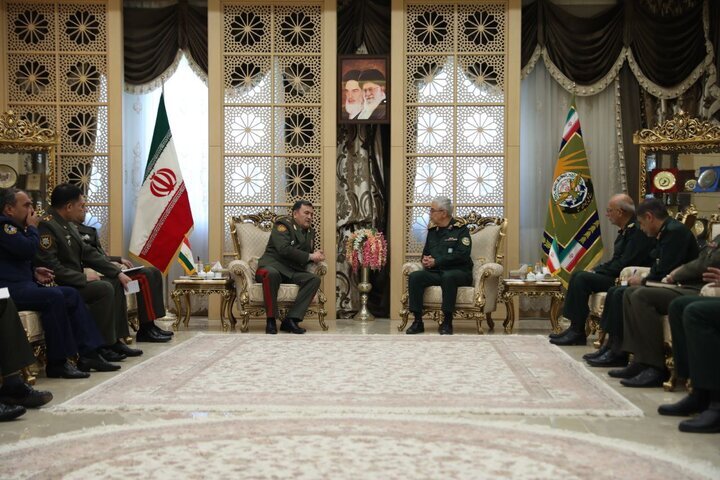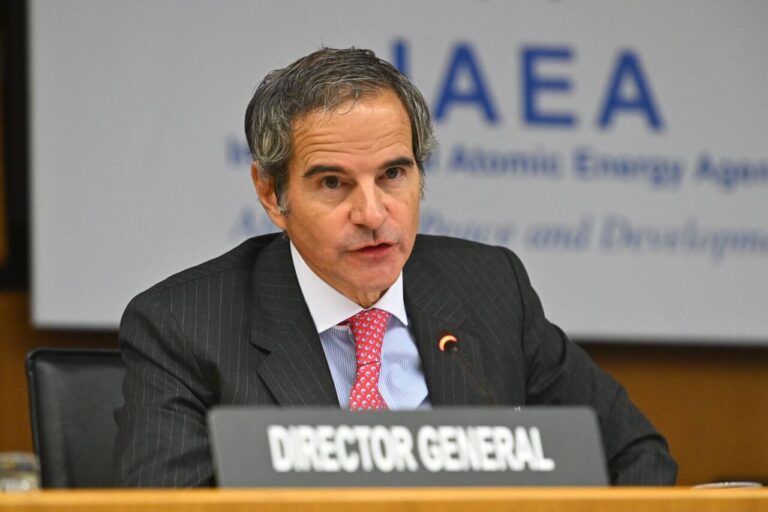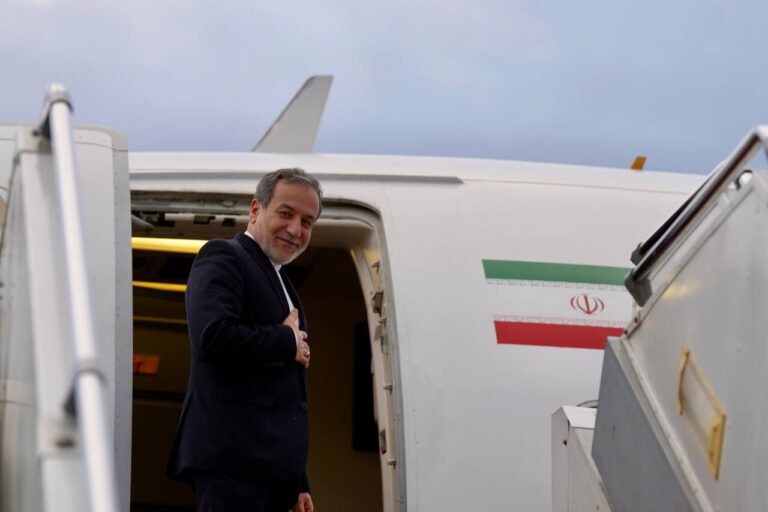Iran’s Oil Minister Visits Russia to Forge New Economic Alliances
The upcoming session aimed at enhancing collaboration between the Islamic Republic of Iran and the Russian Federation is set to be a significant step towards strengthening bilateral ties. Chaired by Iran’s Oil Minister, Mohsen Paknejad, alongside Russia’s Energy Minister, Sergei Tsivilyov, this meeting marks an important juncture in international relations between the two nations.
According to the planned agenda, expert-level meetings are scheduled to take place over the first two days. During these sessions, Iranian and Russian specialists will engage in discussions focused on improving bilateral cooperation through various working groups. The primary objectives of these discussions are to:
- Address existing challenges faced by both countries
- Draft a comprehensive roadmap for future collaboration
- Prepare a memorandum of understanding to be signed by the two ministers
This session builds upon the foundational agreements established earlier this year. Notably, a comprehensive strategic partnership treaty was signed between Iran and Russia in January 2024, which set the stage for enhanced cooperation. Following this, the Iranian parliament approved a free trade agreement with the Eurasian Economic Union in February 2024, further solidifying the relationship between these two countries.
Several key topics are expected to dominate the discussions during the upcoming meetings. These topics include:
- Energy: Exploring avenues for joint energy projects and initiatives.
- Trade and Finance: Enhancing trade relations and financial transactions.
- Banking: Strengthening banking ties and facilitating easier transactions.
- Transportation and Logistics: Improving infrastructure for better connectivity.
- Customs: Streamlining customs procedures to facilitate trade.
- Industry and Mining: Collaborating on industrial projects and mining operations.
- Agriculture: Working together on agricultural initiatives to boost food security.
- Health: Sharing knowledge and resources in health sectors.
- Culture and Tourism: Promoting cultural exchanges and tourism opportunities.
- Science and Technology: Collaborating on technological advancements and research.
All these discussions are aimed at implementing the agreements ratified earlier this year, which have created a solid framework for collaboration. It is expected that the outcomes of these meetings will not only enhance cooperation but also foster economic growth and development in both nations.
The 17th Joint Economic Cooperation Commission, which was held in Tehran in February 2024, was a significant event hosted by Iran’s Oil Ministry. This earlier meeting set a precedent for ongoing discussions and collaboration, emphasizing the importance of continuous dialogue between Iran and Russia.
In conclusion, the upcoming session is poised to play a crucial role in the future of Iran-Russia relations, with a focus on cooperation across a variety of sectors. As both countries continue to navigate the complexities of international politics, their partnership is likely to evolve and strengthen through these collaborative efforts.
